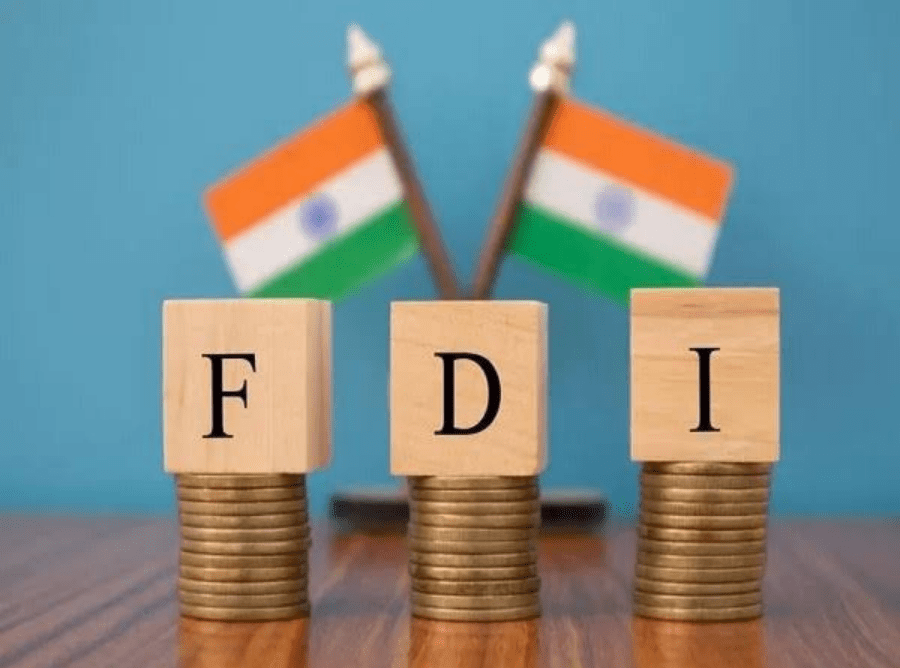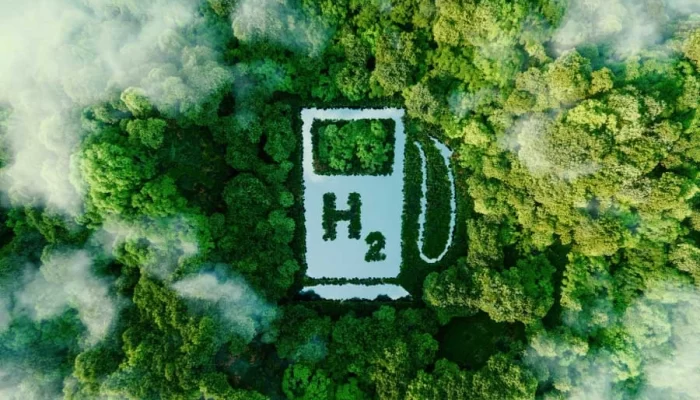India attracting $8 billion against the Chinese $5 billion in FDIs in 2020-21, it is an indication of a drastic shift in the global sentiments — from an expansionist rigid state to the peace-loving nation that houses the largest democratic state-system.

A paradigm shift in the global investment trends, from the Chinese market to the Indian startup ecosystem clearly indicates the alterations in the sentiments of the global business community. India is home to the third-largest startup market trailing China and the US. The dual-factor that helped India to raise much more funds than China this year can be credited to two main reasons —the Chinese Government’s undemocratic behaviour towards businesses in the land of communism, and flourishing business opportunities in India.
Chinese Government Crackdown on Chinese business giants
In a series of adverse steps, the Chinese government has been continuously cracking down on businesses. Recently, in the name of national security, the Communist Government has been coming down on tech giants and the private education sector. Consequently, there has been a considerable fall in the shares of Chinese companies listed across various stock exchanges globally. Experts believe that the aforementioned reason is disabling global investments in the Chinese startup market.
Also read – Why do Indian FinTech Companies continue to attract huge FDIs amid the global slump?
India —home to flourishing business opportunities
Till now, India has produced over 25 new unicorn startups this year. Compared to the previous year, Indian startups have raised almost the double amount and have produced more than double the unicorn startups. As per the data available, India produces around 2-3 new startups every day. Enabling the rapid growth of the startups, the Central Government has introduced various schemes and policies. As a result, India’s ranking on the World Bank’s Ease of Doing Business Index has improved considerably.
In a recently held YourStory’s TechSpark 2021, the Founder and Partner of 100X.VC, Sanjay Mehta, said, “I have never been so confident in Indian entrepreneurs and the Indian startup ecosystem. These are great times and this is just the beginning.” Similarly, Praveen Sinha, Angel Investor and Managing Director of Pincap says “Indian startups are really doing well. However, a word of caution is always advised. A rapid boom, if goes unplanned can become the cause of serious distress. The startups must formulate realistic and long-term goals. A viable business plan must become the utmost priority of every startup in India.”
“How many startups are established every year is not that important, diminishing the failure rate of these startups is the key here,” Akshay Vohra, Chief Editor, Indian Business Times.
Why word of caution?
Several studies indicate that over 90% of startups in India fail within five years from the date of their establishment. Praveen Sinha’s “word of caution” seems crucial for not only survival but the continuous growth of the third-largest startup ecosystem in the world. Perhaps it is the “words of caution” that China seems to be ignoring these days, indicating for us what way not to take while dealing with startups.
On the other hand, the US, being the largest startup ecosystem in the world is also at the top on the multiple indexes (Most Startup Friendly Countries In The World) across various parameters. With the boom, there comes an element of volatility. Hence, we must step forward after making thorough calculations.
Also read – India is set to become one of the biggest players in the cryptocurrency world.








